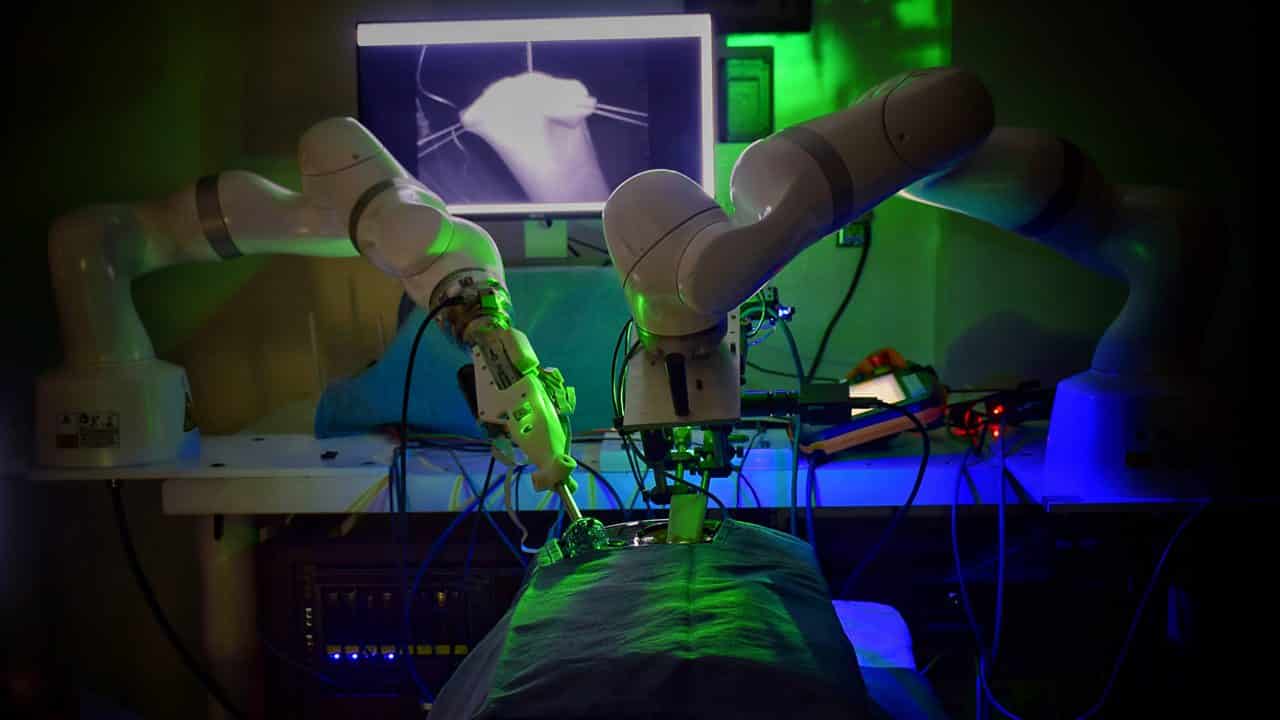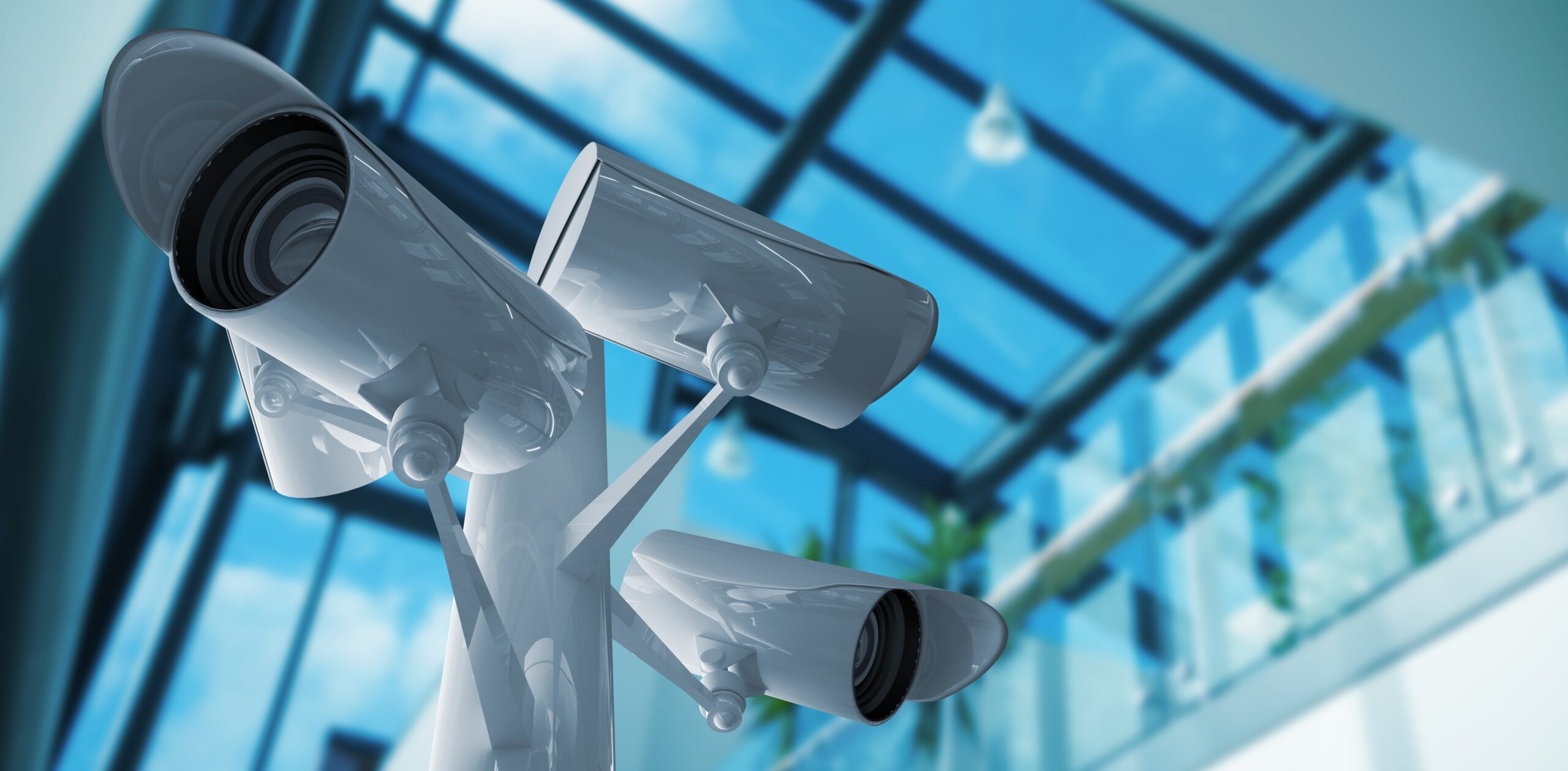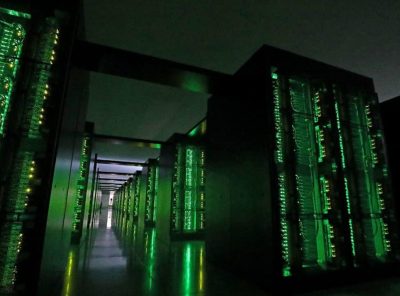Robotic surgery – performed at Johns Hopkins University
The first-ever robotic surgery without a human surgeon guiding it has been successfully performed at Johns Hopkins University.
The Smart Tissues Autonomous Robot (STAR) completed a keyhole procedure called intestinal anastomosis – the sewing together of two sections of soft bowel – on pigs.
This programme is available NOW OnDemand at the Digital Planet Page and is available now until Wednesday the 9th of February. It will also be broadcast on Sunday the 6th of February in Phuket on 91.5 FM and 102.5 FM and Online via the Internet radio portals.
Robotic surgery in the USA
More than a million of these surgeries are performed each year in the US alone and they need to be carried out very precisely and accurately to avoid potentially fatal complications. Professor Axel Krieger, the mechanical engineer on the team, tells Gareth how this is a major advancement in robotic surgery.
Singapore Surveillance
Singapore often introduces innovative tech to its citizens, but there is a lack of transparency about the way the data is collected and used.
As public tech becomes more affordable it is becoming increasingly available. While the hope is it will solve complex social problems there is no transparency over the algorithms used. This means we don’t know the kind of prejudices, privileges, and assumptions being built in. Without intervention, societal prejudices will continue to be perpetuated.
Peter Guest from the Rest of World website has been looking into the dangers of public tech in Singapore and beyond. He tells us why tech companies need to be more transparent.
Police surveillance cameras in Singapore have helped solve more than 5,000 crimes since they were introduced in 2012, according to the Singapore Police Force (SPF).
The Government is so confident about the cameras’ success that it is aiming to increase the number of cameras from 90,000 to 200,000 by 2030. Known as PolCam, the surveillance camera network covers locations such as housing estates, neighbourhood centres, car parks and public transport infrastructure
Brighton Dome
unReal City Backstage at the Brighton Dome looks more like the technical suite of a TV studio than a theatre, as technicians watch multiple screens showing the audience and actors in different rooms – and showing a variety of feeds from their VR headsets – because this piece of immersive theatre, unReal City, takes place in both physical and virtual reality.
Reporter Claire Jordan has been meeting with the Director and disabled artists from Access All Areas – a learning-disabled theatre company – behind the production, which explores if it’s easier or better to connect in the flesh or as an avatar and if links are stronger in reality or could the Metaverse allow us to re-invent ourselves.
The programme Digital Planet is presented by Gareth Mitchell with expert commentary from Bill Thompson. Studio Manager: Giles Aspen Producer: Ania Lichtarowicz
Photo: The smart tissue autonomous robot performing a laparoscopic anastomosis. Credit to Jiawei Ge//Johns Hopkins University
So much more from the BBC on Phuket Island Radio
Afrofuturism and tech innovation.
It’s a subject often covered in science fiction, but what makes Afrofuturism different from standard science fiction is that ancient African traditions and black identity are steeped throughout the story.







